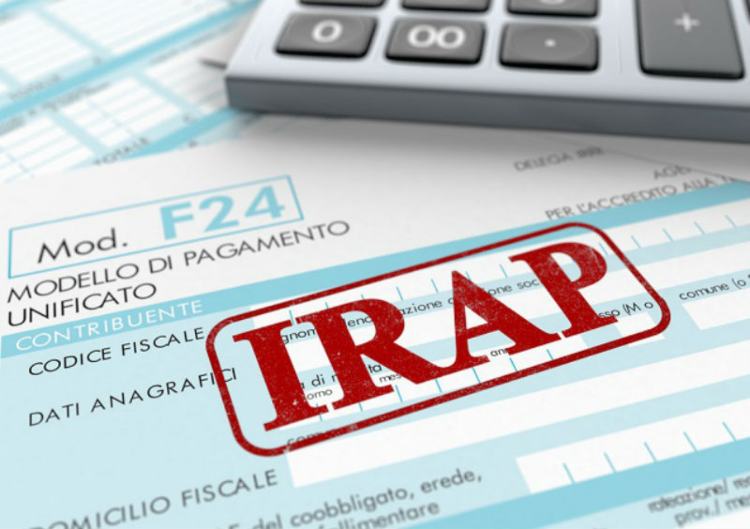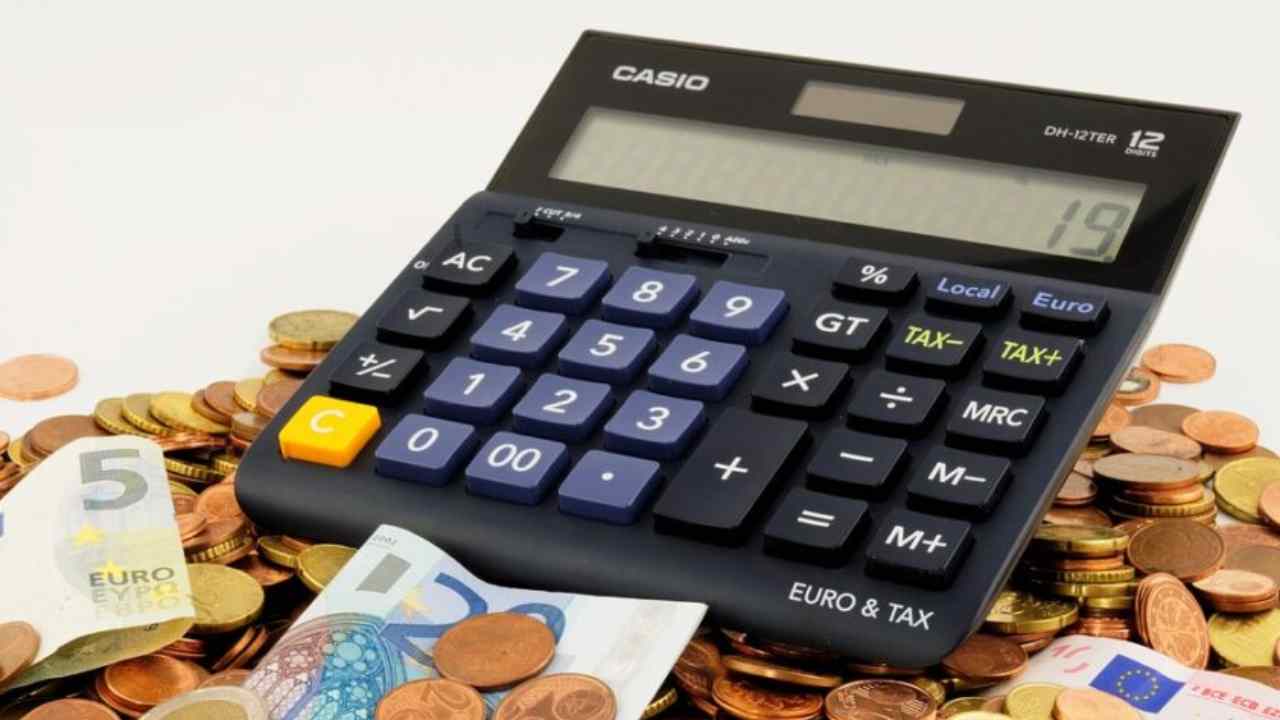In 2022, everything changes for VAT numbers. With an amendment to the new Budget Law, it sets the rules for lowering the tax burden on VAT numbers, especially with regard to personal income tax and Irap.
Pending the tax reform, good news arrives from the 2022 Budget Bill. The bill provides for the reform of personal income taxes, distinguishing between capital income and earned income and focusing on the reduction of the effective rates that apply to income from work. In addition, proportional taxation is provided for income from capital, with an equal rate for all income from capital. The objective of the reform is precisely to rationalize the current system so as to make the capital market more efficient. For income from work, a reduction in the effective average and marginal rates of personal income tax is envisaged, with the aim of encouraging the supply of work, particularly in the income classes where second income earners and young people are concentrated. For this reason, the reform will bring important changes in terms of tax due for all holders of a VAT number.
Read also: Pensions in January, be careful. The accounts don’t add up
With the approval of the IRPEF reform, significant savings are expected for holders of VAT numbers. Thanks to the savings deriving from the revision of the rates, which should increase from five bands to four, the earnings, in terms of lower tax due, would be 62 euros per year for incomes up to 15,000 euros; of 142 euros per year for income up to 25,000 euros; 371 euros per year for income up to 35,000 euros; of 810 euros per year for incomes up to 50,000 euros and then settle at 270 euros per year for taxpayers with incomes up to 80,000 euros, once the income bracket of 50,000 euros has been exceeded. The total savings resulting from the reduction in IRPEF and the cut in IRAP should be worth an average of € 1,360 per year. Furthermore, there is the hypothesis of payment in installments of the second advance on income taxes for VAT numbers and self-employed workers. We would be thinking of canceling the deadline of November 30 and paying the balance and the first deposit in installments in six monthly installments of the same amount from July to December of the same year. Furthermore, it is assumed that the second advance will be paid in a single solution by January 31 of the following year or in six monthly installments of the same amount from January to June of the following year.
Read also: Contributions, 12 months of bonuses arrive

At the same time, the withholding tax would be eliminated or reduced. Furthermore, instead of the flat-rate regime, a transitional tax regime could be introduced for taxpayers who exceed the limit of 65,000 euros, introducing a facilitated taxation for VAT numbers that exceed this threshold of revenues and fees. Returning to personal income tax, the lower savings for the self-employed compared to employees derives from two reasons: fewer deductions, since VAT numbers do not benefit from the Renzi bonus, and a different distribution of discounts on the Irpef curve. The system of deductions for the self-employed works in a simple way, with four brackets: you save less when you earn more, up to no relief at the peak of 50 thousand euros in income per year.
–


